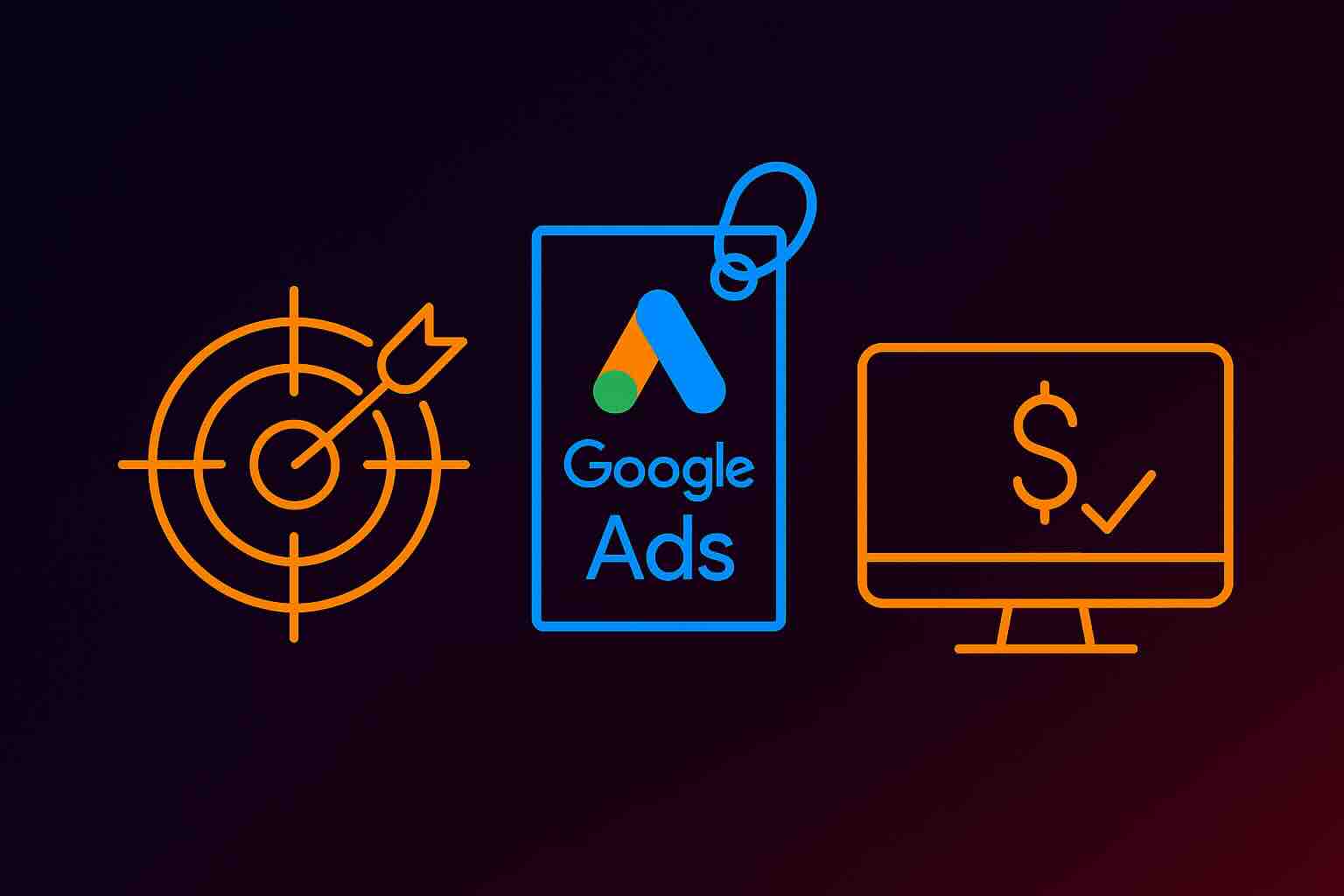Why Startups with Long Sales Cycles Can’t Afford to Ignore Enhanced Conversions
In This Article

Excerpt: Struggling to prove what’s working in your Google Ads account? If your startup has a long sales cycle, skipping enhanced conversions could be costing you hard data, accurate attribution, and better ROI. Here’s what you need to know—and what to do next.
The Attribution Gap: A Startup’s Silent Killer
Startups live and die by their growth velocity. But if you’re in B2B SaaS, enterprise services, or anything with a high-ticket product, you’re not closing deals in one click. Your sales cycle might stretch over weeks—or even months—with multiple touchpoints across content, emails, retargeting, and demos.
Standard conversion tracking is often blind to this complexity. It relies on cookies and last-click attribution, which means it misses conversions that happen outside of short attribution windows. That creates a “conversion fog”—you spend on ads, you see revenue in your CRM, but you can’t connect the dots in Google Ads. And if Google can’t connect the dots, it can’t optimize effectively.
What Are Enhanced Conversions?
Enhanced conversions are part of Google Ads conversion tracking—used specifically to give the algorithm more accurate signals for optimization. They use first-party customer data submitted on your site (like an email or phone number) to match users across devices and channels—even after time has passed. This data is hashed to protect privacy and sent to Google for improved conversion measurement.
This isn’t about analytics dashboards. The whole point of conversion tracking inside Google Ads is to feed back as many high-quality conversion signals as possible so that Smart Bidding and other machine learning features can optimize your campaigns more effectively.
The more conversions Google sees—whether they’re demo requests, purchases, or newsletter signups—the better it can learn what works. If you’re only tracking a handful of conversions each month, the algorithm won’t have the volume it needs to improve. We break this down further here.
Important: Conversion tracking inside ad platforms like Google Ads isn’t meant for executive reporting. It’s meant for optimizing performance. Using this data to evaluate channels or build attribution reports leads to bad decisions. Here’s why smart startups keep those functions separate.
- Smarter Attribution: Tie revenue to the touchpoints that actually matter.
- Better Data for Smart Bidding: Feed cleaner, more complete signals into your campaigns.
- Cross-Device Tracking: Capture users across browsers and devices.
- Privacy-Forward: All data is securely hashed before sending.
Why Enhanced Conversions Matter Most for Startups with Long Sales Cycles
1. You Need Granular Attribution to Scale
Long sales cycles demand deeper visibility. Enhanced conversions ensure your attribution model reflects reality—not guesses. They reconnect the dots between upper-funnel activity and bottom-funnel results, so you can scale what’s actually working.
2. You’re Training the Algorithm With Garbage
Smart Bidding is only as effective as the data you give it. If conversions aren’t being tracked correctly—or not tracked at all—Google is flying blind. Enhanced conversions help your campaigns learn faster and optimize better.
3. You Need to Prove ROI to Investors or Founders
If you’re reporting to a board, an investor, or a skeptical cofounder, you need attribution that aligns with revenue. Enhanced conversions let you show that a click today turned into pipeline tomorrow—even if the sale happens months later.
4. You’re Probably Already Collecting the Data
If your site has lead forms, demos, or email signups, you likely already collect emails and phone numbers. Setting up enhanced conversions is about putting that data to work—not collecting anything new.
The Hidden Cost of Not Using Enhanced Conversions
- Wasted Ad Spend: Campaigns optimized on incomplete or inaccurate data
- Missed Opportunities: Underinvesting in channels that drive long-term value
- Stunted Growth: Without accurate feedback loops, scaling becomes guesswork
- Data Misinterpretation: Relying on reporting instead of feeding performance data back into the algorithm
How to Implement Enhanced Conversions (The Short Version)
Setting up enhanced conversions usually involves:
- Updating your Google site tag or GTM container to support enhanced conversion tracking
- Mapping form data like email and phone to the enhanced conversion fields
- Ensuring that the data is hashed and sent to Google securely
- Testing the setup with Google’s Tag Assistant and your CRM data
It’s not technically difficult—but it does need to be done right if you care about data integrity and campaign performance.
Let’s Get Your Attribution Right
Enhanced conversions aren’t optional anymore. If you’re serious about scaling profitably, you need to give Google Ads the conversion signals it needs to optimize effectively. And that starts with implementing the right tracking infrastructure—not just for reporting, but for real performance.
Need help getting it set up? Let’s talk about how to unlock better results from your PPC campaigns.
Your Ad Campaigns Won’t Work Without Conversion Tracking, Set It Up Before You Launch
Conversion tracking isn’t for reporting—it’s for optimization. If your platforms aren’t getting the right signals, your PPC campaigns won’t scale.…
Reading Time: 3 min
Why Meta CAPI Is Critical for Startups with Long Sales Cycles
If you're still relying solely on the Meta Pixel to track conversions, you're flying blind. Meta's Conversions API (CAPI) is…
Reading Time: 4 min
Why Smart Startups Don’t Use Ad Platform Conversions for Reporting
The Data Looks Good—But It's Lying to You Most startup founders and marketing leads look at conversion numbers inside ad…
Reading Time: 3 min